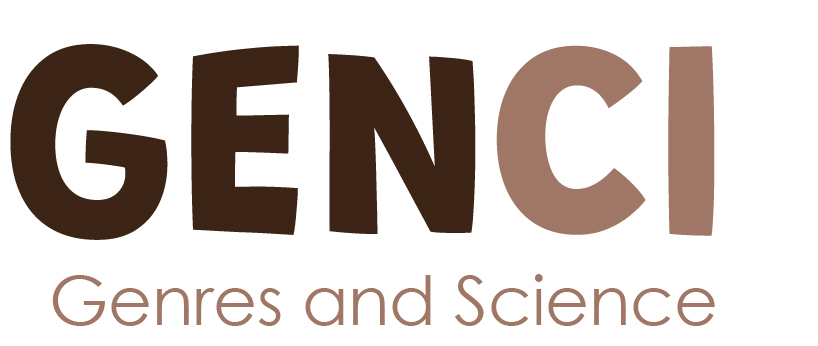Our colleagues Carmen Pérez-Llantada and Rosana Villares presented their study on “Digital science communication practices and public engagement” at the 47th International AEDEAN conference in Seville (Spain), which gathered over 400 participants. The presentation slides can be read here.

Abstract
In the current context of the democratisation of science, scientists are increasingly engaging in digital forms of communication aimed at broad publics. In this study, we applied genre and activity theory (Bazerman 2004, Spinuzzi 2001, Wickman and Fitzgerald 2018) and used survey data from a large sample of individuals (n=842 scientists) to identify scientists’ digital practices in sharing, communicating and disseminating their research beyond the expert scientific community on the Internet and social media.
The results show a mixed picture of scientists’ involvement in public-facing digital communication activities. Around half of the respondents actively disseminate research to non-specialist audiences using personal and research group websites, blogs, social media, online science popularisation journals, specialised forums (e.g., Reddit) and crowdfunding and citizen science e-platforms. Around 30% also express the intention to engage in such activities in the future. Meanwhile, circa 60% are already involved in activities to promote science culture and open science, such as radio and TV appearances, podcasts, infographics, YouTube educational videos and explainer videos, with 25% planning to do so in the future. The survey also reveals that these activities are not highly valued in the professional context of the respondents, which explains the relatively low level of engagement, despite the scientists themselves attaching greater value to them. Notably, the use of digital tools and resources (e.g., AI-assisted software, content/image editing tools, multimedia apps) was also relatively low among the scientists, indicating a potential gap in the ability to effectively adapt scientific content for wide dissemination of science. Unsurprisingly, these tools were used by less than 30% of respondents, with programmes for adapting specialist content for non-specialist audiences and software for creating podcasts/vidcasts scoring the lowest percentages (15% or less). The study findings suggest that scientists could benefit from training in adapting scientific content for different audiences, and in accommodating science to broad publics in order to enhance public understanding. In conclusion, the study highlights the need for targeted support and training to enable scientists to leverage digital technologies for effective public science communication, ultimately promoting broader engagement and understanding of scientific issues online.
